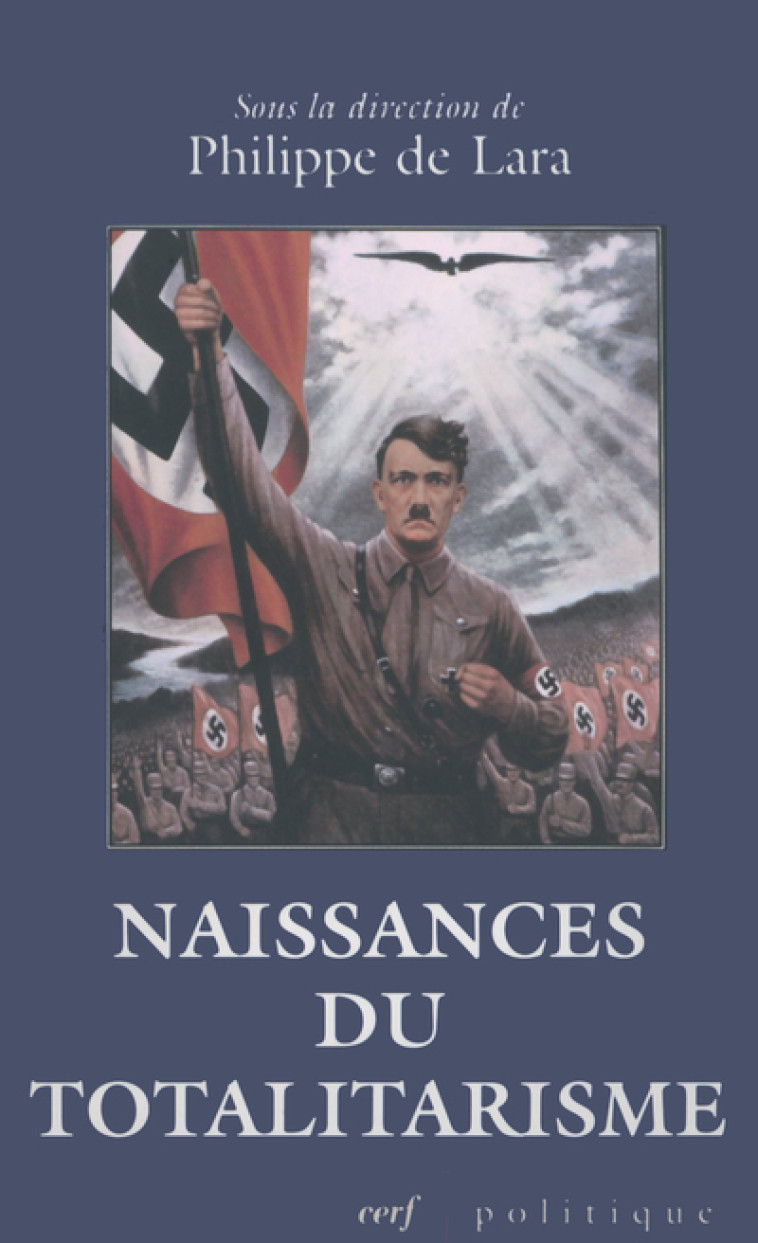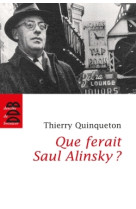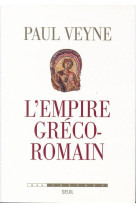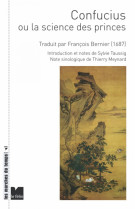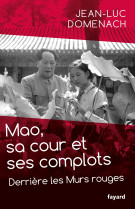--
The debate on totalitarianism has not been settled. The communist, Fascist and Nazi revolutions form a single phenomenon. That fact is nowadays more or less accepted, but it still has to be thought out and understood. Here, philosophers and historians set about this task. Totalitarianism is not limited to full-blown Stalinist and Nazi systems. In the early days of Bolshevism and Fascism there appeared a combination of political violence and revolutionary fervour never seen before. Lucid observers experienced that intuition at the beginning of the 30s (Bernard Bruneteau). Emilio Gentile demonstrates how totalitarianism originates from Fascism, as early as the birth of Mussolini's ‘militia party' in 1919. This blend of terror and fervour flies in the face our familiar notions of ideology and tyranny. Does ideology lie at the heart of totalitarian regimes? The question continues to divide historians. Nihilistic revolution, political religion, counter-religion: Thierry Gontier, Philippe Raynaud and Paul Thibaud discuss these interpretations. Why Russia, why Italy, why Germany? Anthropology revives the question of its origins: totalitarianism is an extreme reaction to modernization in those countries where it has been belated and brutal (Philippe de Lara). Both backward-looking reaction and futuristic intensification, totalitarianism is part and parcel of modernity.

